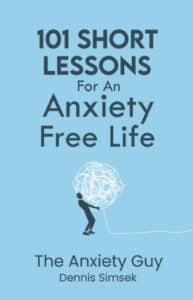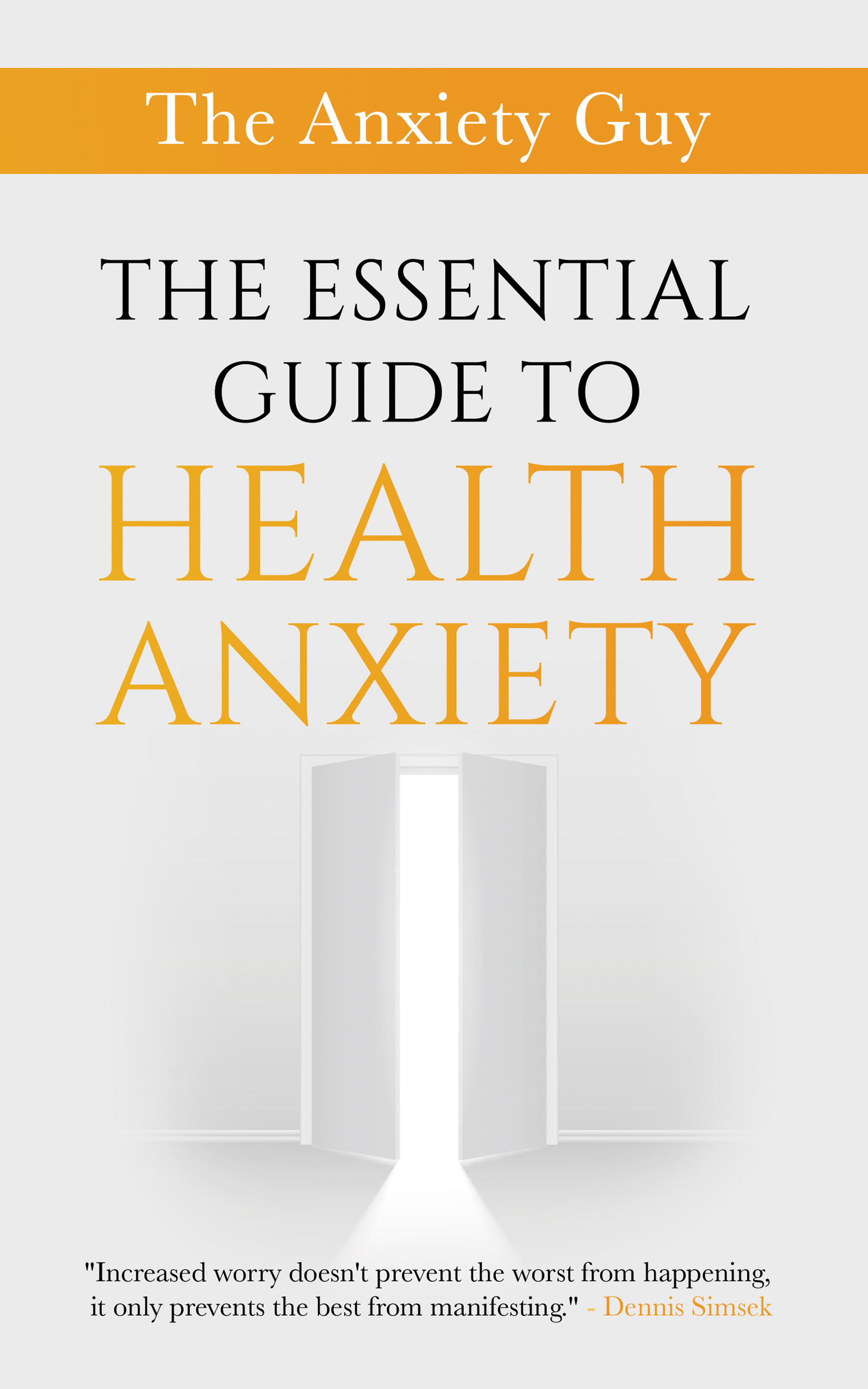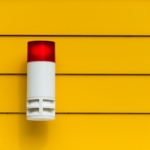Anxiety attacks can adversely affect daily life. Listed below are the 3 main reasons for anxiety attacks:
1. Temporary Challenge Relating To False Programming
- One of the main reasons for
these attacks is dysfunction of the brain area that regulates emotions and fear. Research has shown that long-term severe stress can alter the manner in which nerve cells in the brain circuits transmit data from one section of the brain to another. It has also been found that anxiety disorders also affect brain areas that regulate memories associated with powerful emotions. - Studies have found evidence that anxiety disorders can run in families, i.e., it can be passed down from the parents to the children. Some people with such genetic risk to anxiety may not experience the associated symptoms unless triggered by varied environmental factors like death of a loved one, etc.
2. Underlying Health Issue
- Health problems like a recent heart surgery or other underlying chronic illnesses can be another major reason for anxiety attacks. Any kind of thyroid gland dysfunction can cause hormonal imbalance and lead to a variety of complications including these attacks marked by breathlessness, palpitations, nervousness, sleep disorders, and irritability. So it’s important that you get that one sold doctor’s check-up to rule out anything serious.
- Alcohol abuse, increased intake of caffeine, smoking, and excessive stress can also affect the physical and mental health, eventually resulting in anxiety attacks. Side effects of prescription and OTC medications as well as weight loss supplements may include anxiety attacks amongst other adverse symptoms.
3. Isolation
- Different kinds of anxiety may have different reasons for anxiety attacks. For example, clutter in the house may trigger an anxiety attack because a dirty house is often indicative of lack of control over one’s life.
- One of the main triggers for anxiety attacks is social isolation. People who spend a lot of time on their own and avoid socializing often tend to be more anxious than others. Excess alone time away from others leaves a lot of time for the mind to think and obsess about the minutest of things, which may otherwise seem irrelevant.
- Watching TV for long periods or over-exposure to media may lead to increased sensitivity to propaganda and fear about different diseases, which can then trigger attacks.
- Another reason for anxiety attacks is lack of an ambition or goal in life. When there are no set goals, then the mind tends to wander to different things and the subsequent sense of non-accomplishment can cause increased anxiousness.
Symptoms of anxiety attacks
- Some of the common signs and symptoms of these attacks include sleep issues, shortness of breath, dry mouth, tense muscles, sweaty and cold feet or hands, increased heart beat, fidgetiness, inability to remain calm, nausea, tingling numbness in feet or hands, dizziness, and feelings of fear, panic, and uneasiness.
Treatment options
Treatment of anxiety attacks is dependent on the different reasons of anxiety attacks. A few treatment options (some I stand by, and others not so much) are listed below:
- Anti-anxiety pills and other medications
- Psychotherapy, especially cognitive behavioral therapy
- Relaxation therapy, breathing techniques, meditation, yoga
- Quitting smoking and limiting alcohol and caffeine intake
- Eating a healthy balanced diet and regular exercising
Do You Experience Anxiety Attacks? Share Your Experiences And Breakthroughs In The Comment Section Below.
The Anxiety Guy Community Links :
Join the #1 Health Anxiety & GAD support page on Facebook.
Got questions? Ask them on YouTube.
Follow me on Twitter.



















